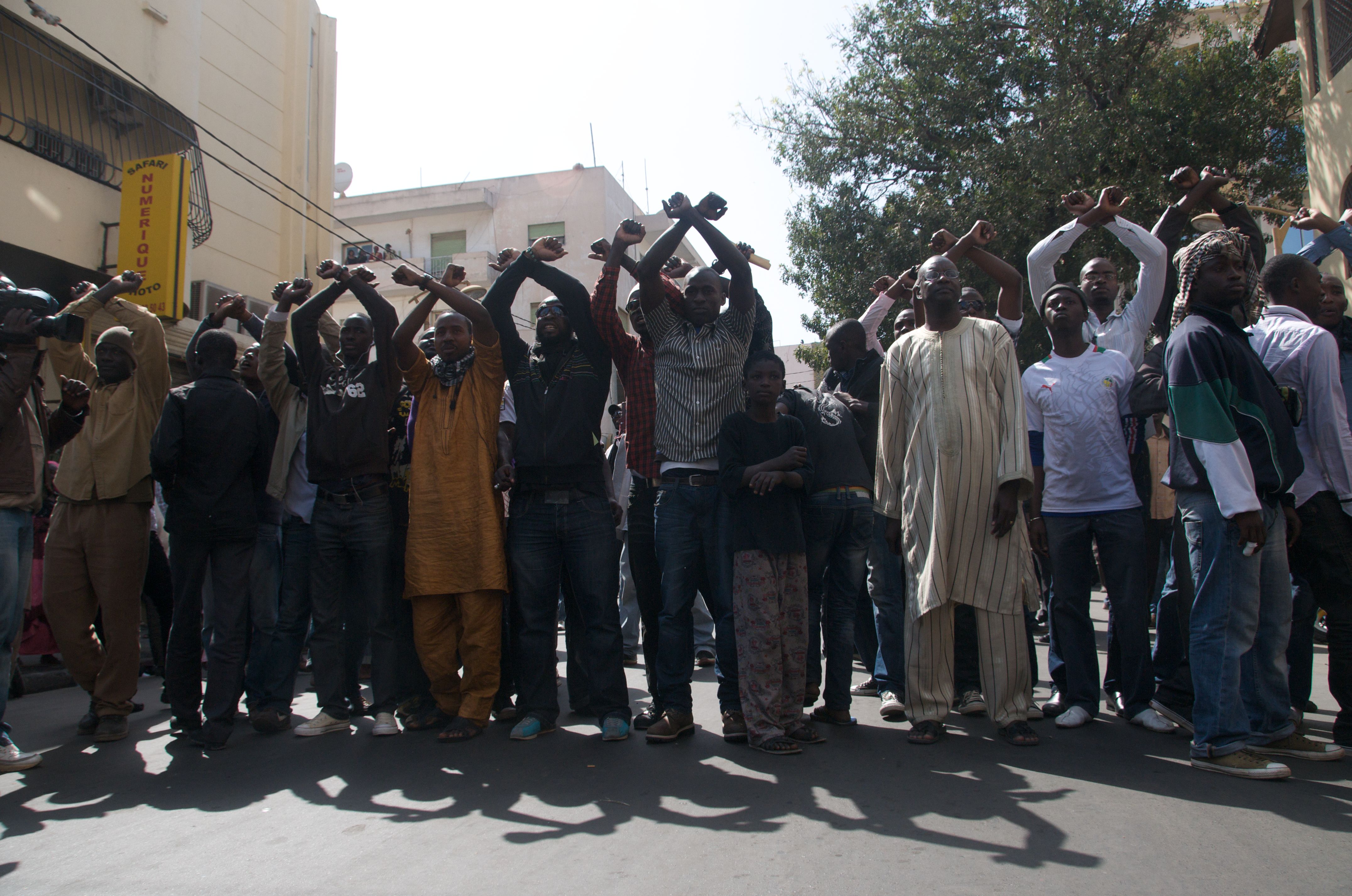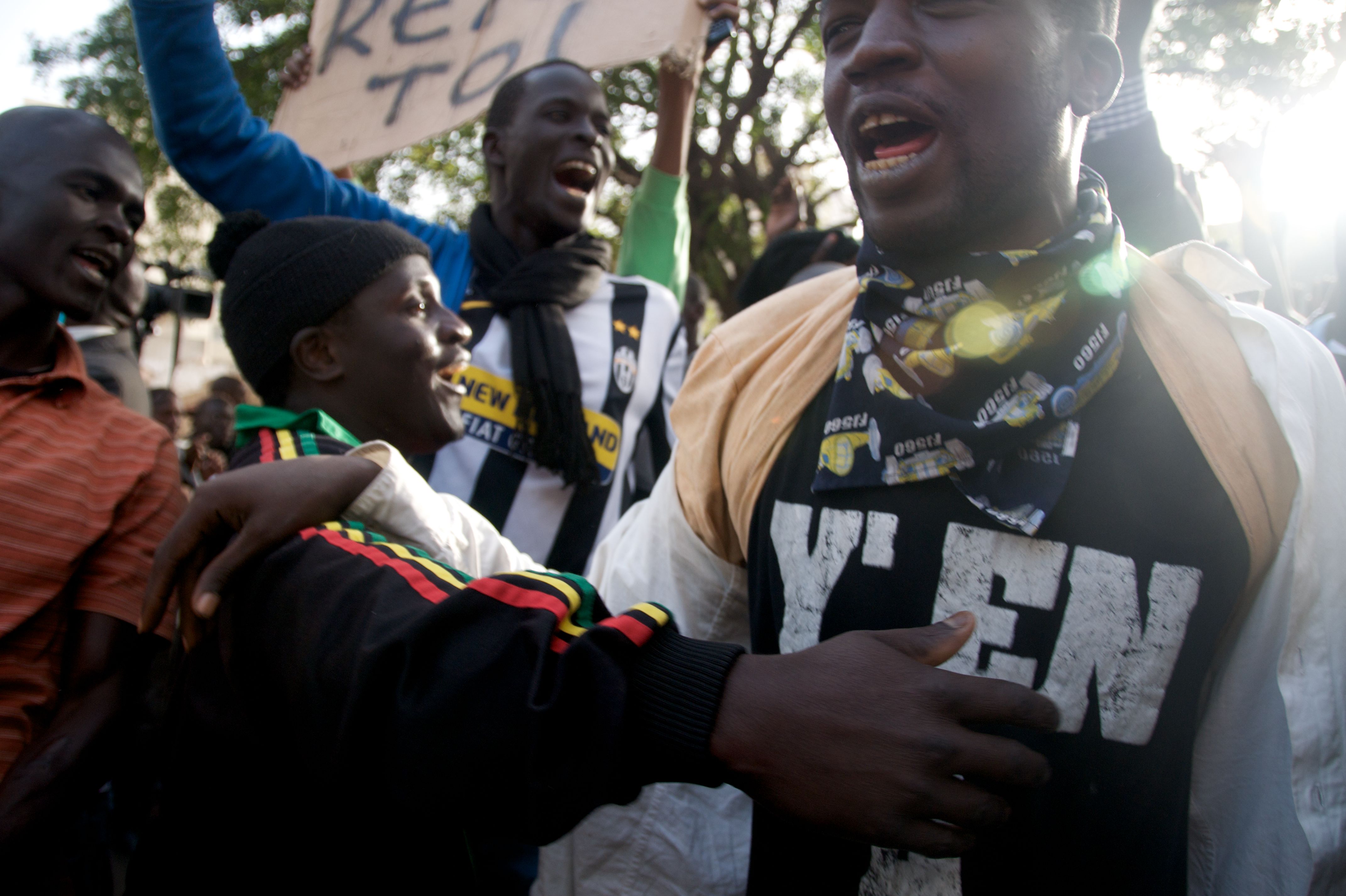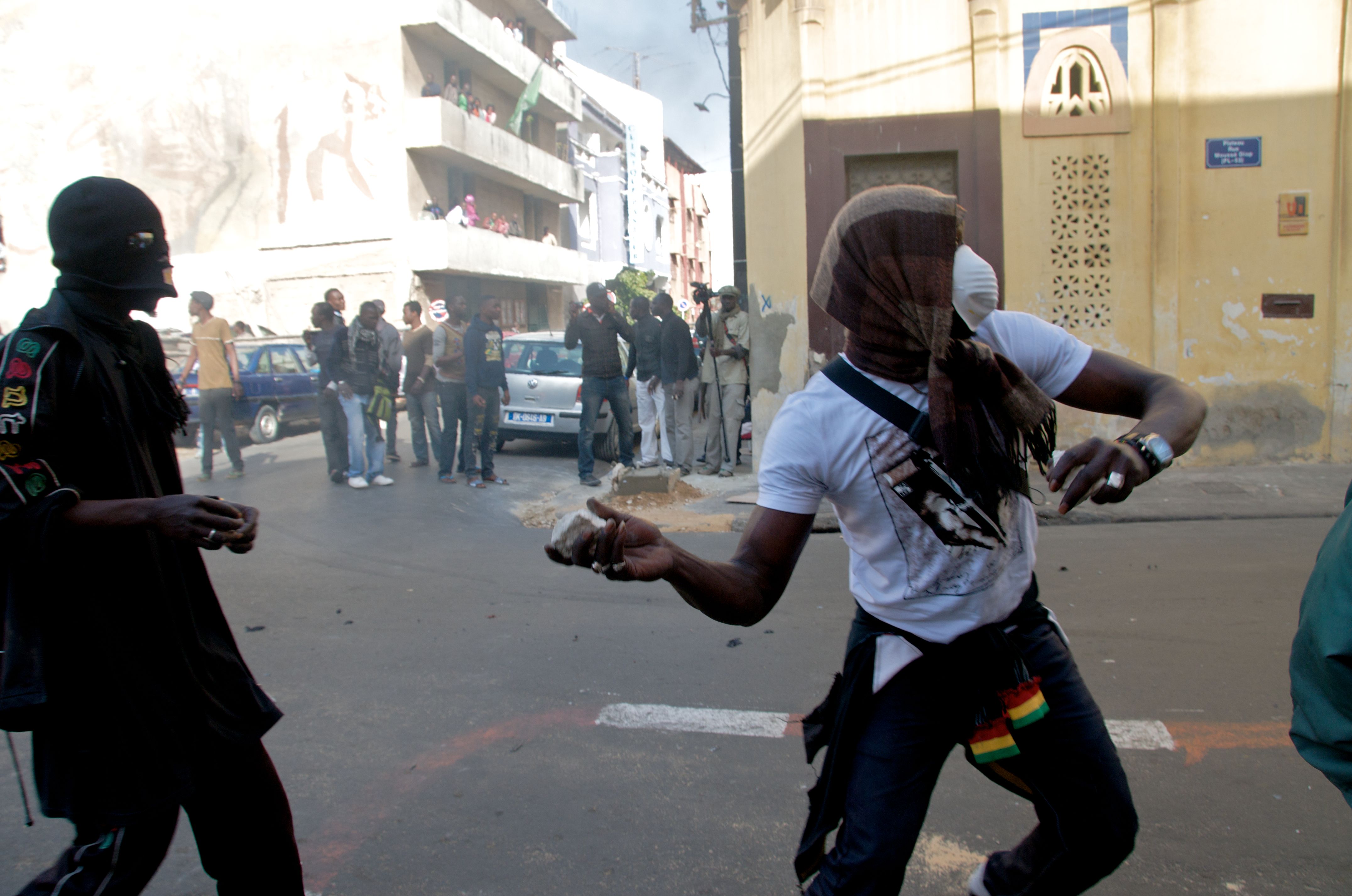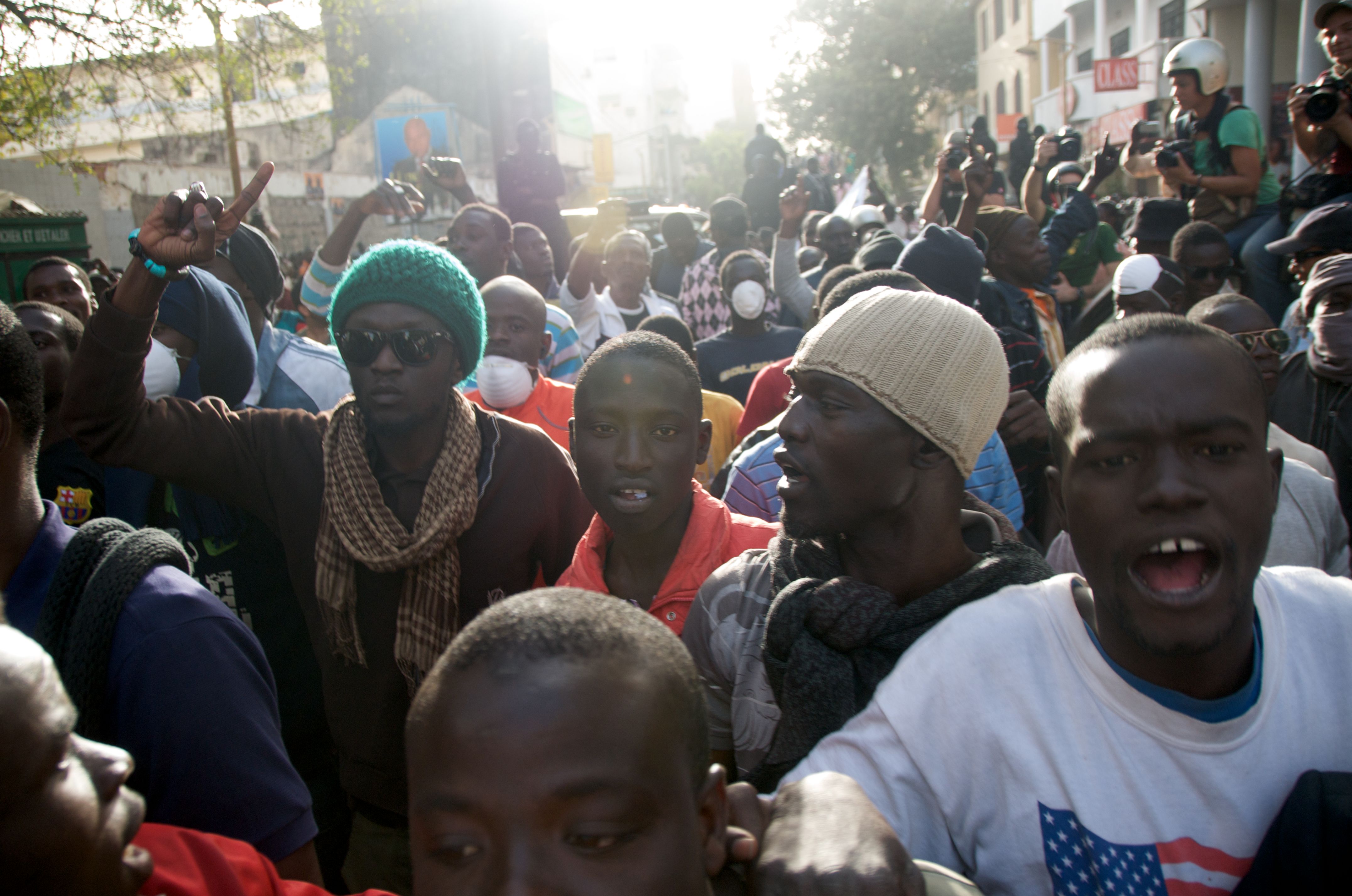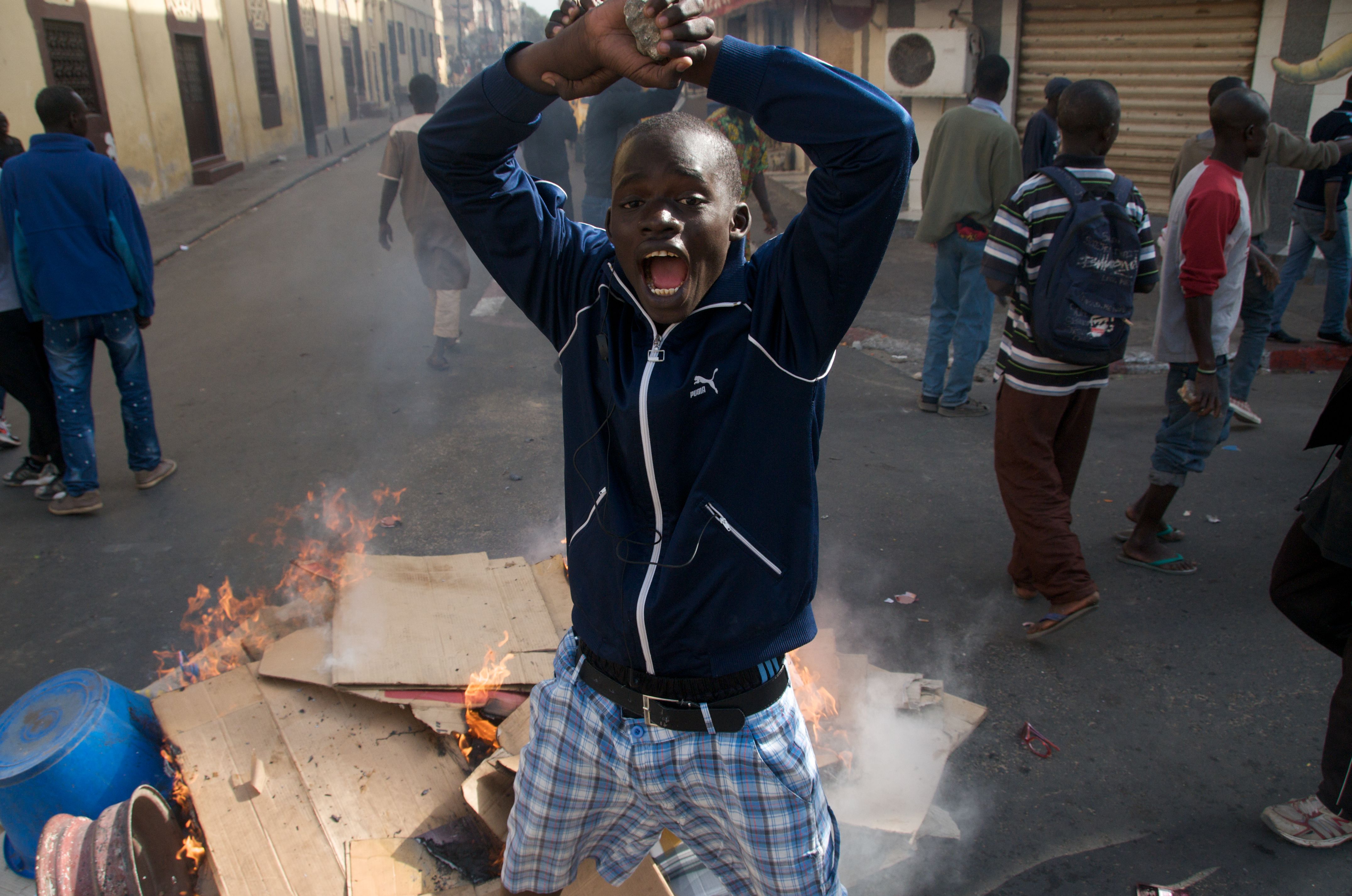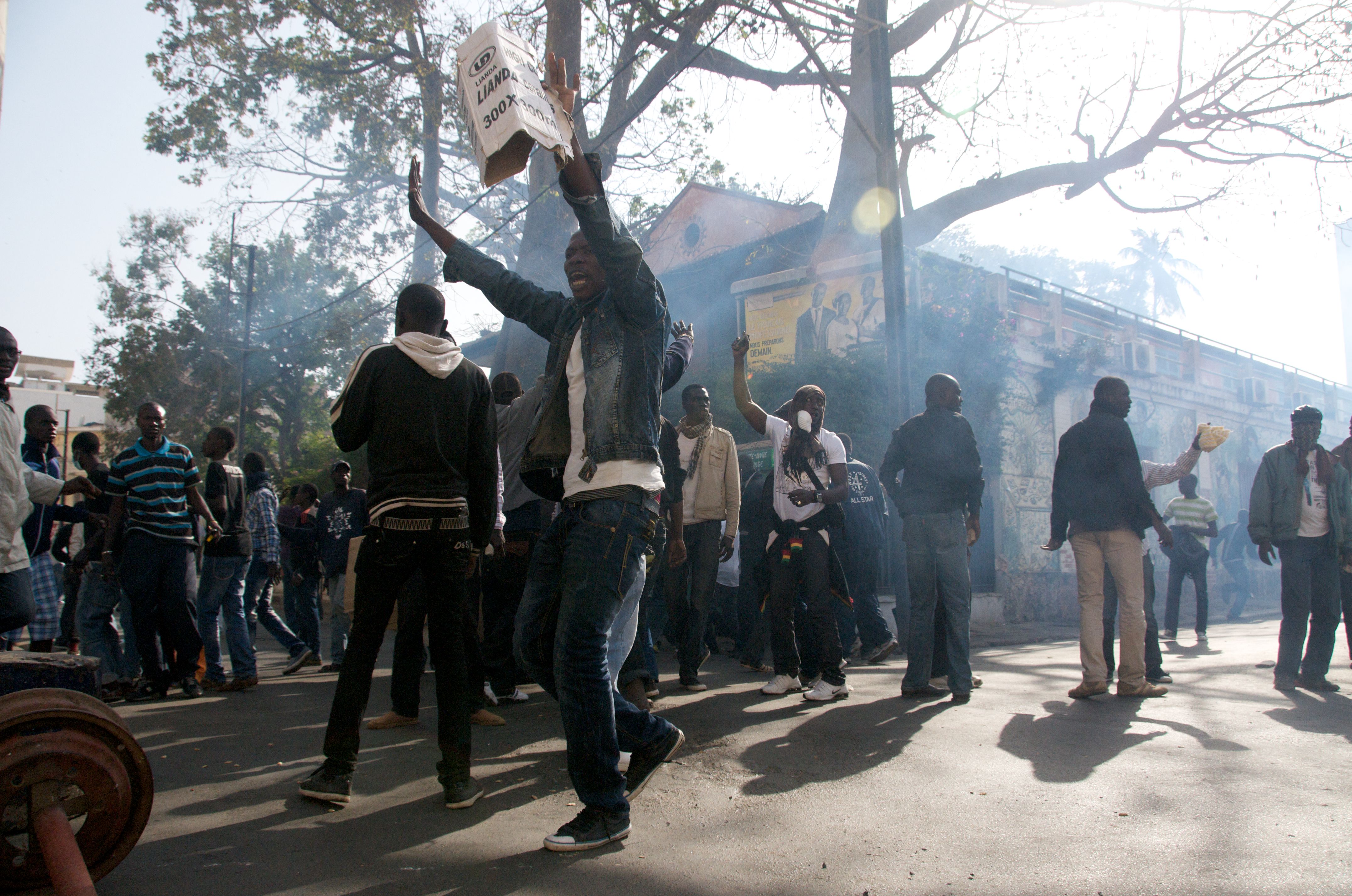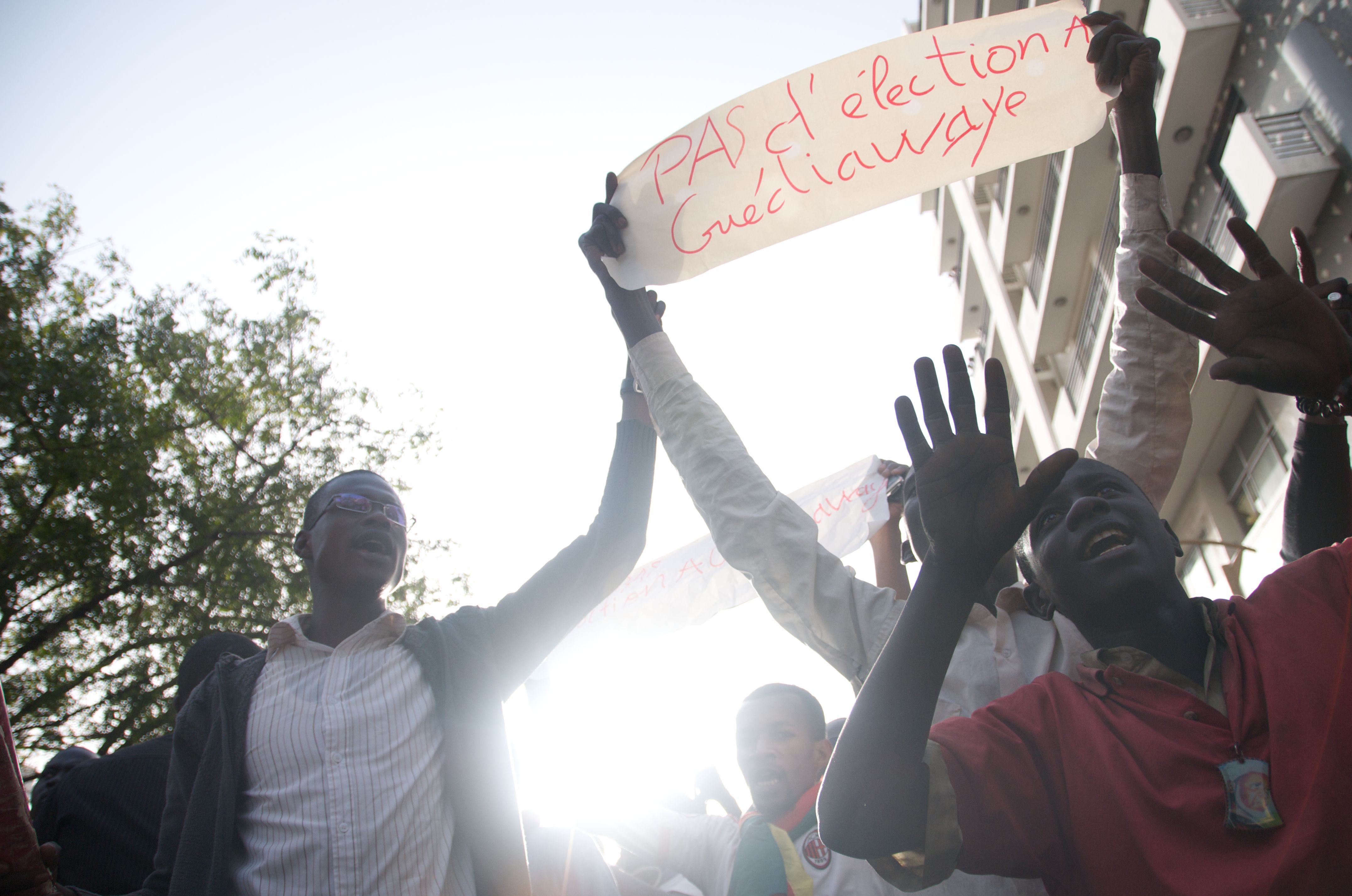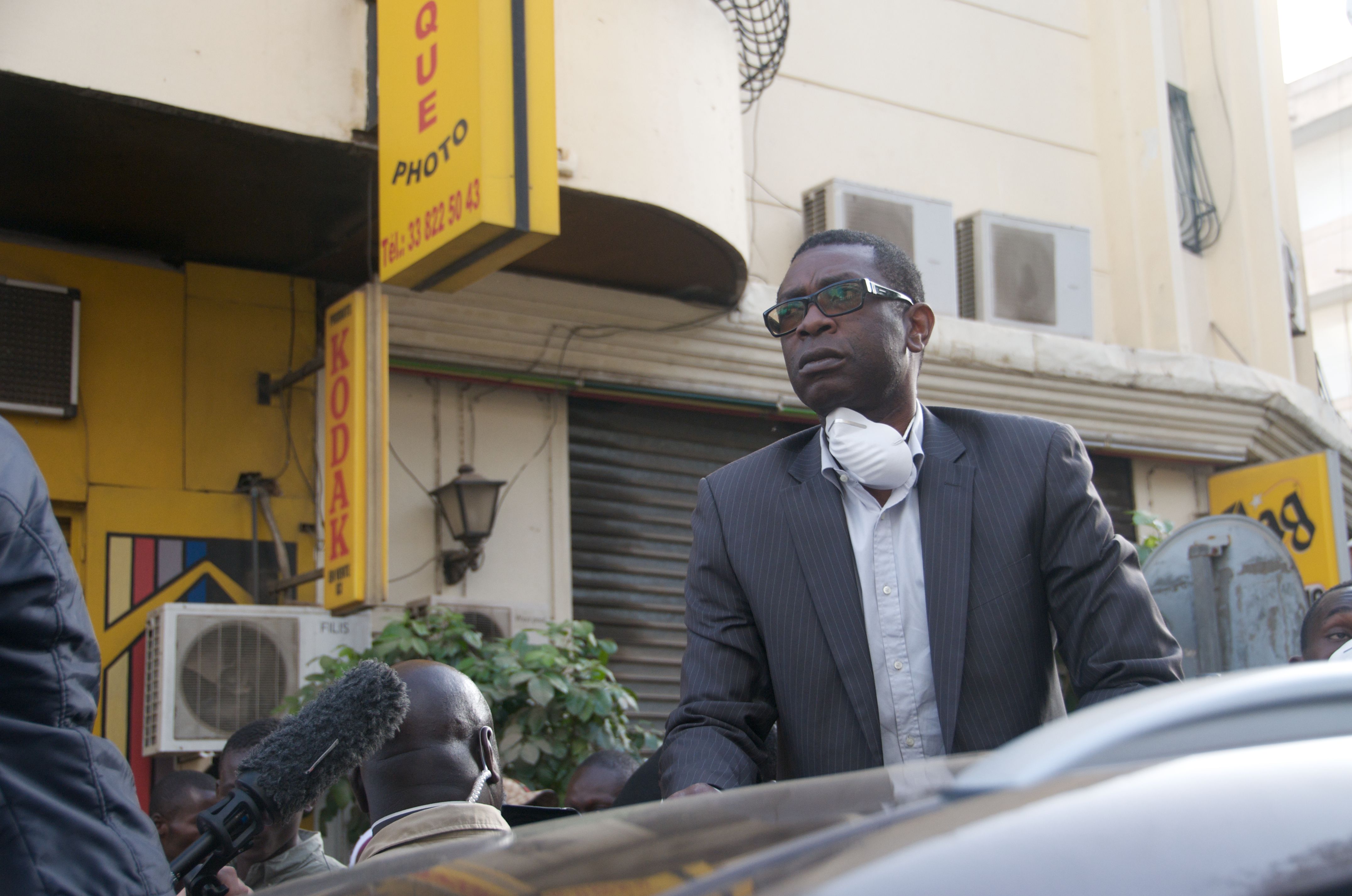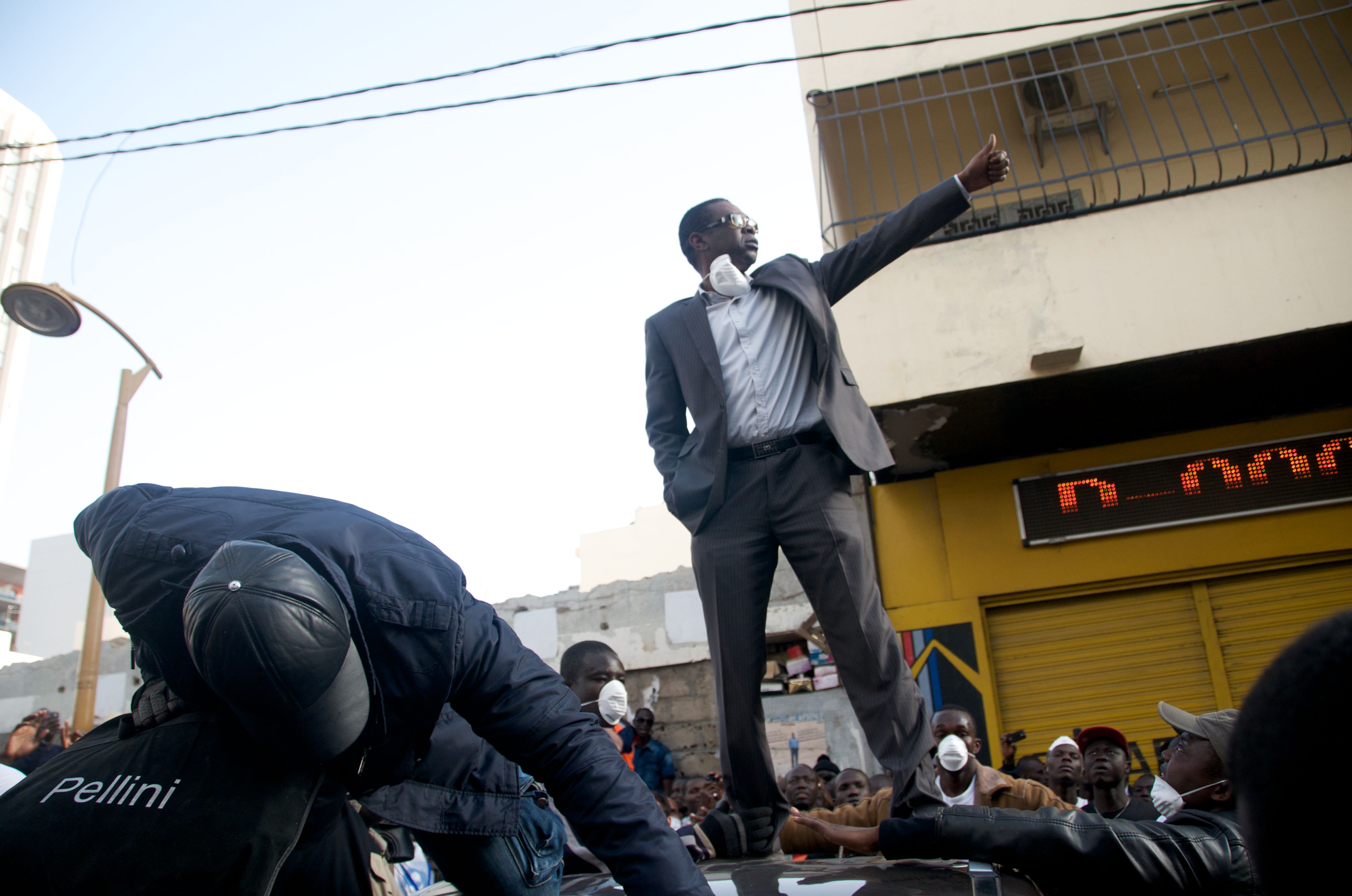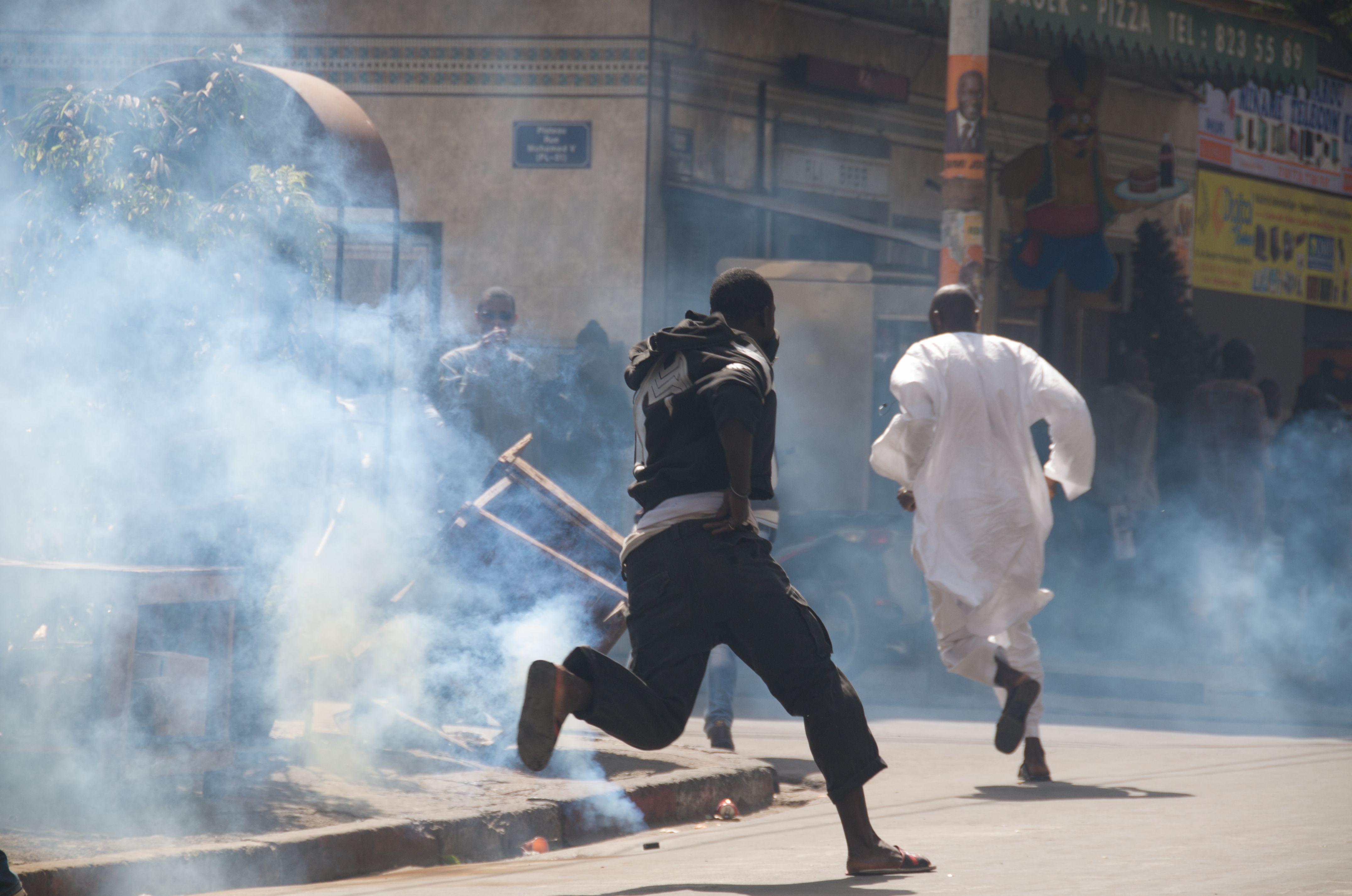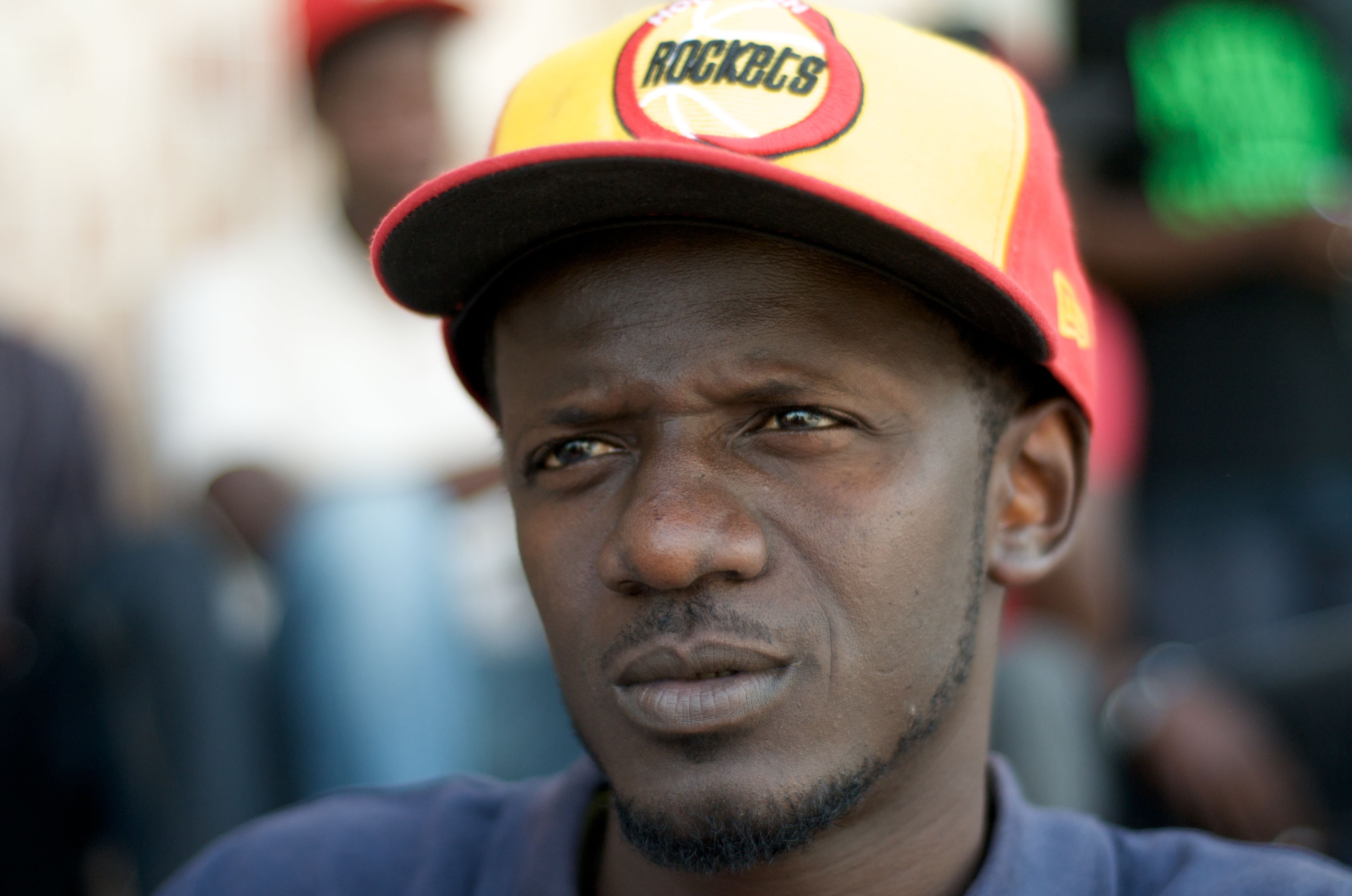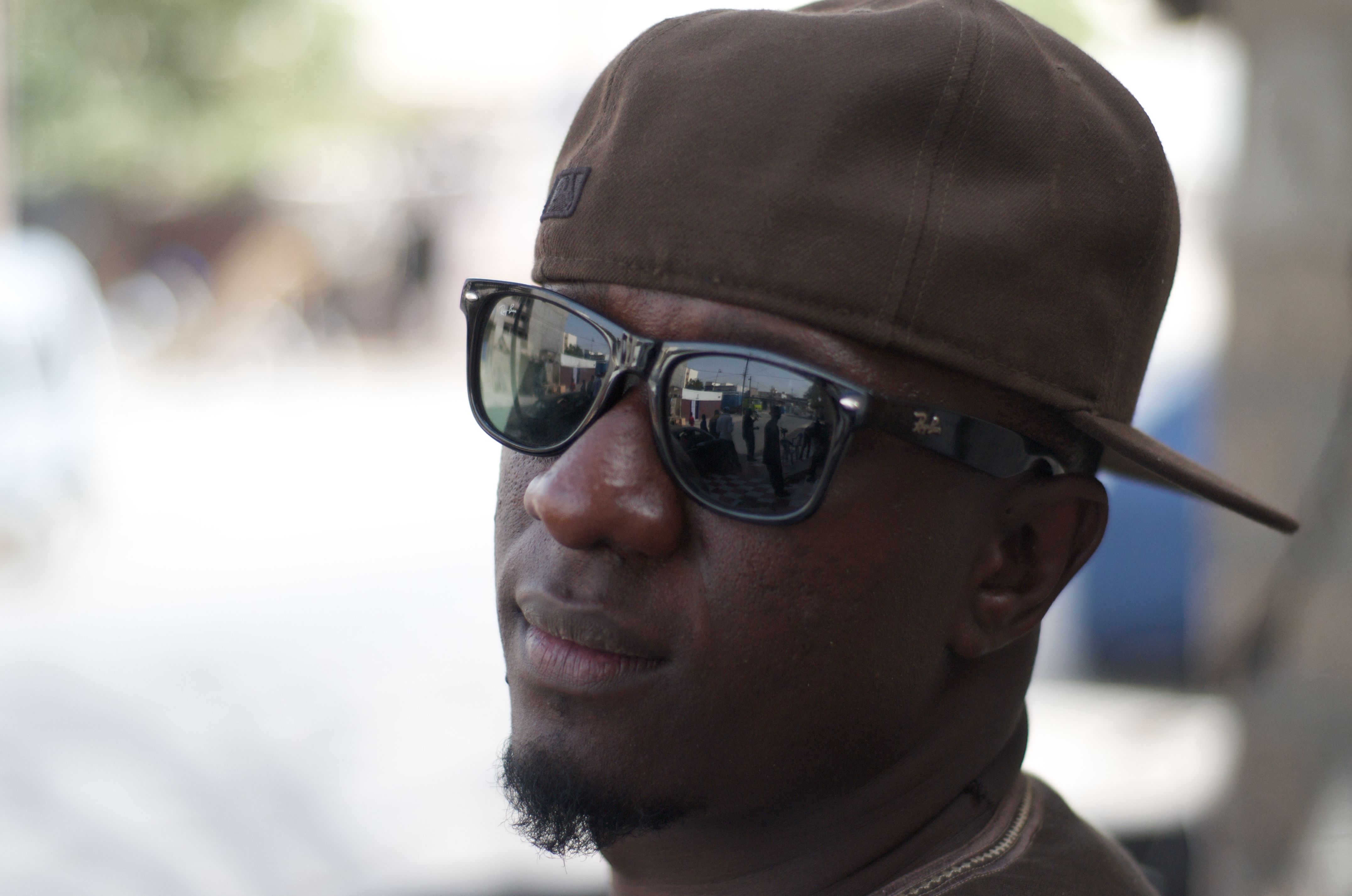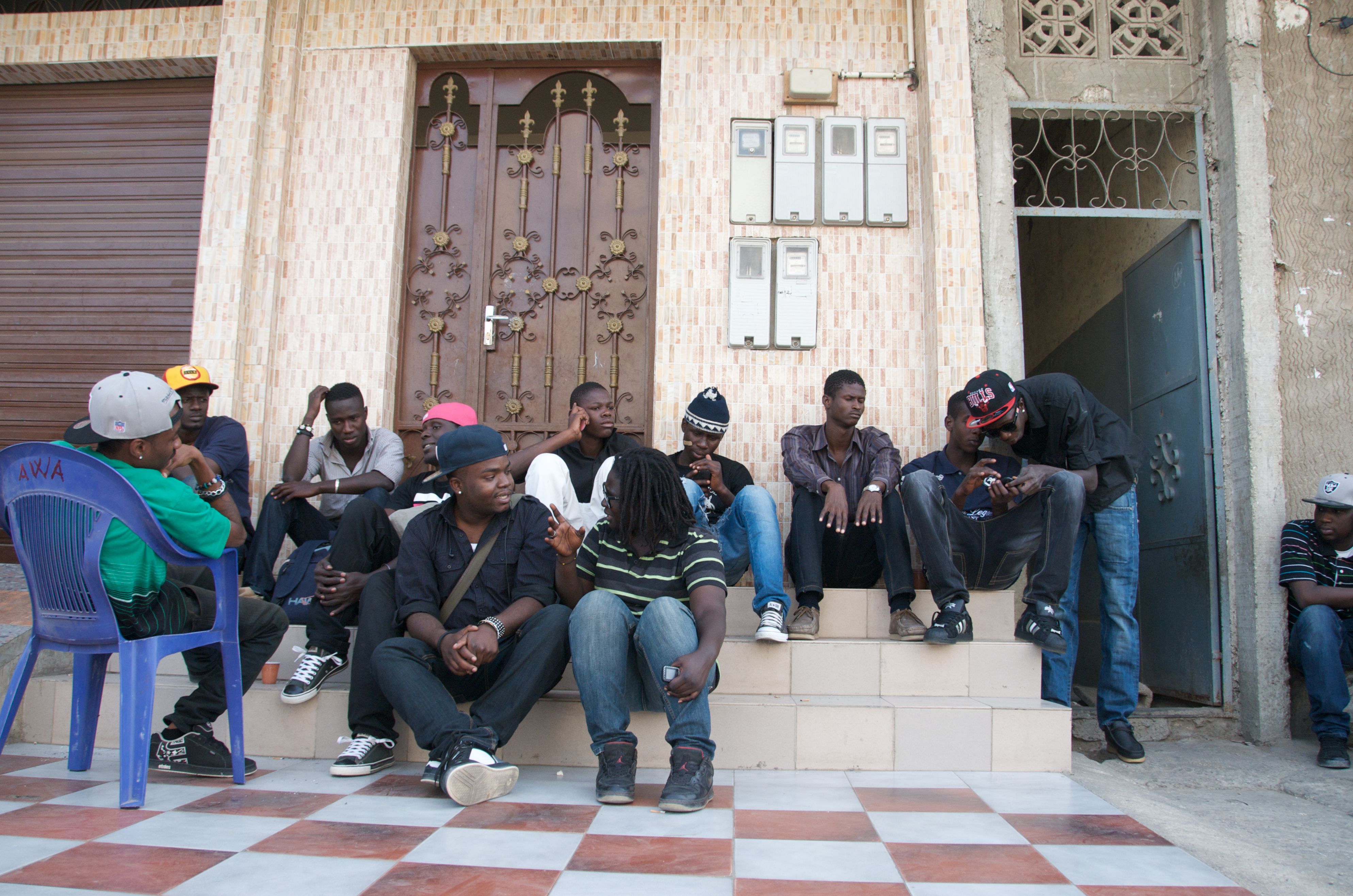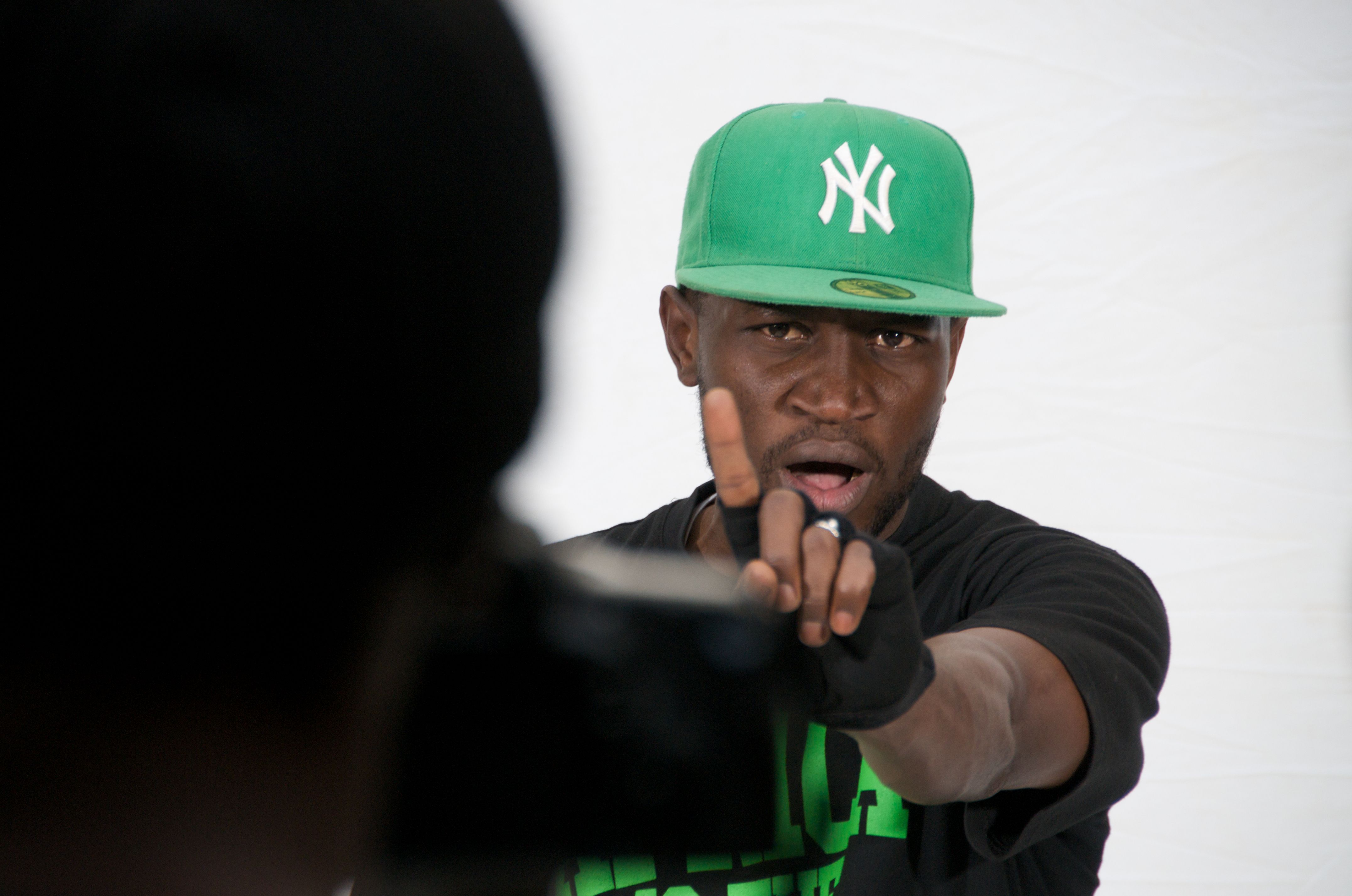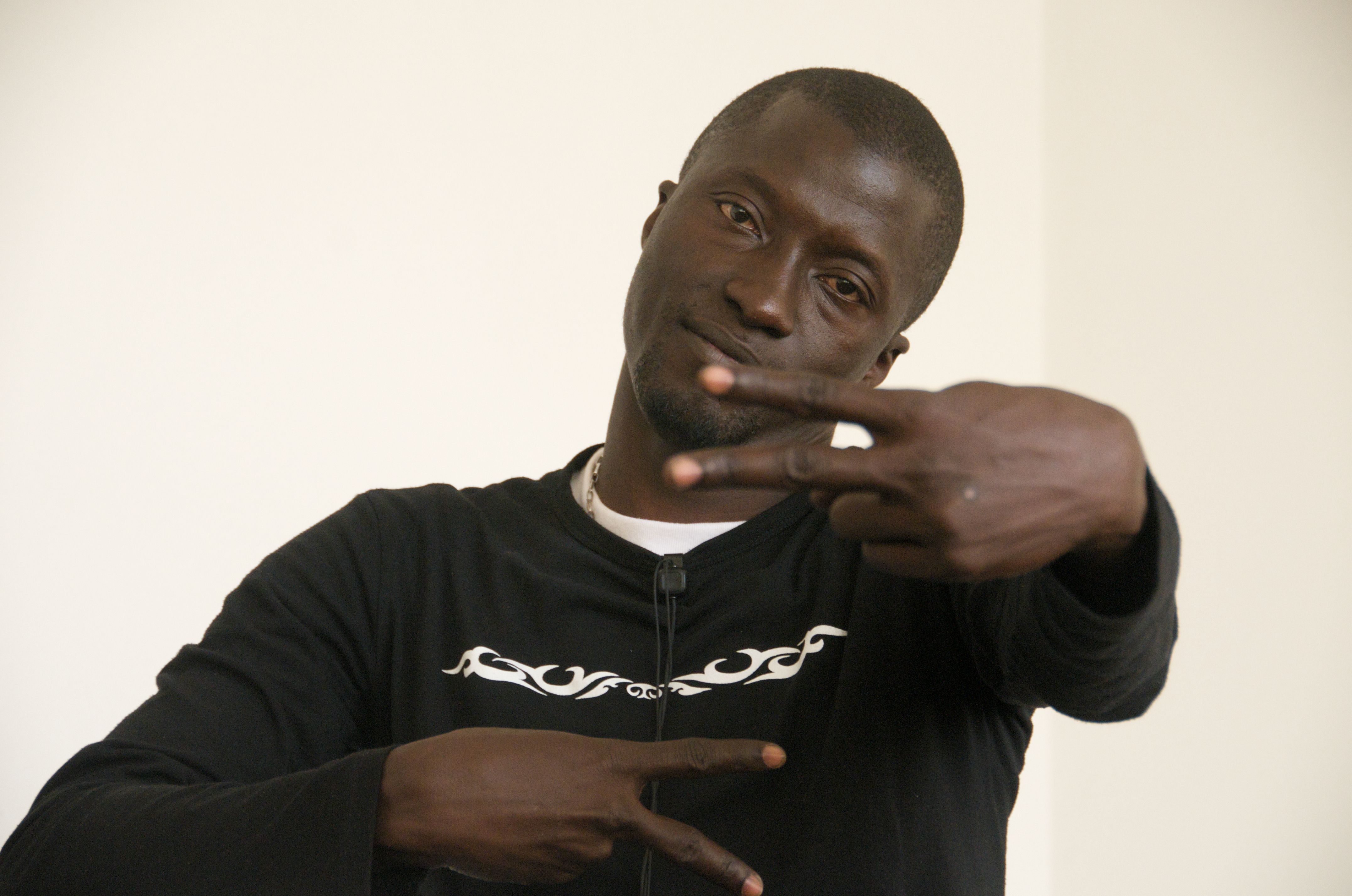March 20, 2012 | Pulitzer Center
By
Ricci Shryock, for the Pulitzer Center, Dakar, Senegal
Rappers and other musicians in Senegal founded Y’en a Marre (Enough is Enough) as a way to call for political and social change in the West African country. One of their primary goals has been to oppose President Abdoulaye Wade's attempt to take office for a third term, which they say violates Senegal’s constitutional two-term limit. Wade insists the term limit does not apply to him since it was enacted while he was in office. As a test of the country’s tolerance of free of speech, demonstrators defied a ban on public protests and continued to gather in Dakar's Independence Square. Rappers played a vital role in organizing the demonstrations.
